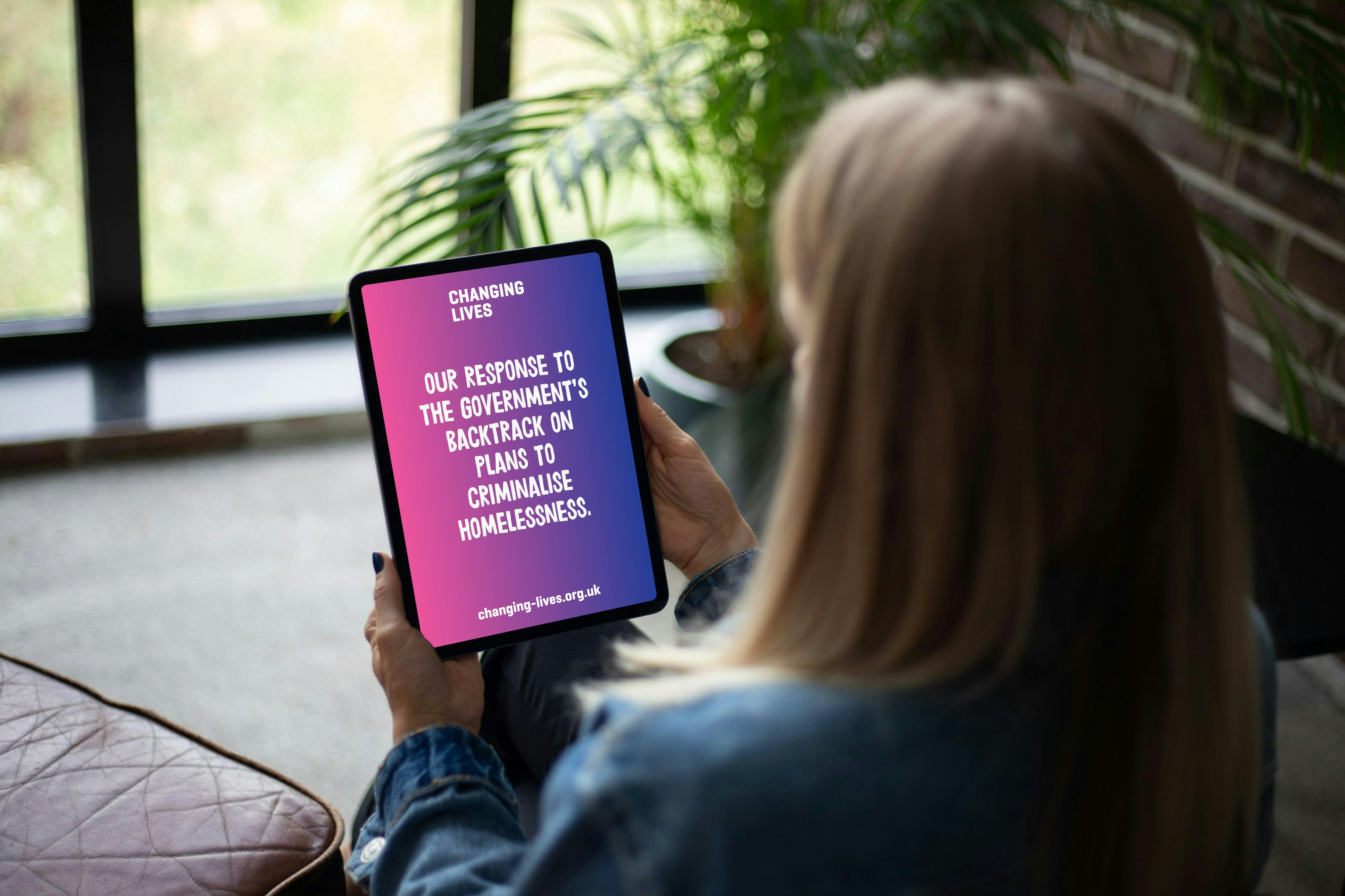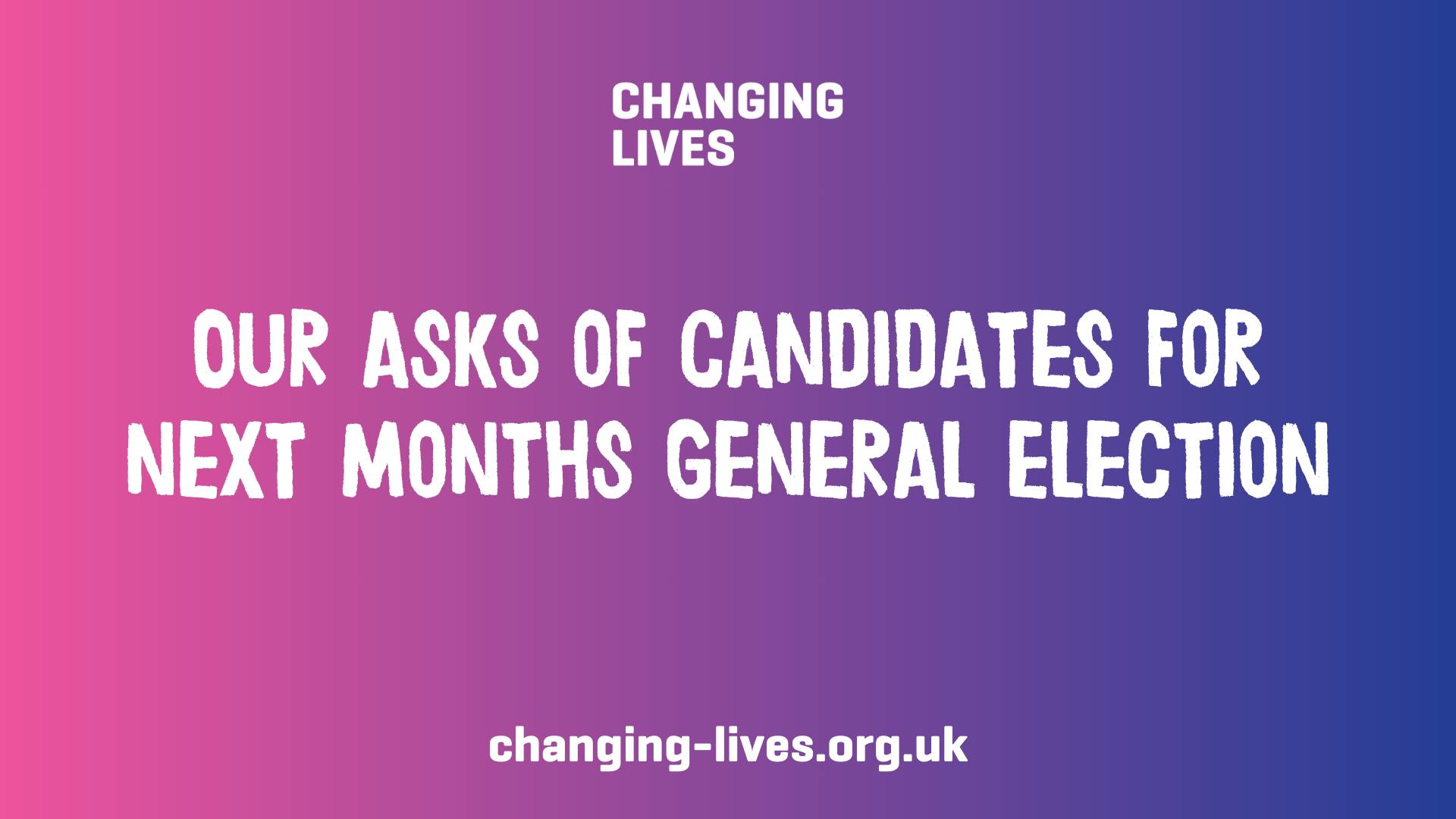Policy Manager Philippa Rousell shares her thoughts on the upcoming Autumn Budget and why doing nothing to tackle the progressing problem of homelessness is not an option
Several years ago I was at a friend’s house and something went wrong with their new gas BBQ. The temperature was rising and rising and nobody could figure out how to turn it down. They tried detaching the gas canister – even if the BBQ was damaged we could at least avoid an explosion – but couldn’t get it off. Eventually someone said “There’s nothing we can do”, to which the owner of the aforementioned BBQ (and the house which was at risk of experiencing a minor explosion) shouted “Doing nothing is not an option!”
Fortunately they figured out a solution but that frustrated exclamation – “Doing nothing is not an option!” – feels very pertinent right now when we look at the state of the country, its public services and, most importantly, its people.
Many of our public services are at crisis point or swiftly heading in that direction. Prisons are full, probation caseloads are far too large, court dates are being scheduled years in advance, waiting lists for health treatment are still far too long. This means people not receiving the right level of rehabilitative support to move away from offending; victims of crime having the stress of a court case hanging over them for far too long; and people experiencing prolonged illness or sadly even dying because they did not receive timely healthcare.
This is all very doom and gloom but the reality is many of these problems are fixable, but they will take both money and a long-term strategic plan on how to spend that money. Due to the lack of money available for public spending over recent years, there has been a tendency to throw small, short-term pots of cash at society’s problems. While better than no funding at all, this generally fails to make a dent in the systemic issues driving homelessness, addiction, poverty, unemployment etc.
When it comes to homelessness, doing nothing is not an option.
Chancellor Rachel Reeves will be announcing her first Budget on 30th October. We are hoping that this will provide both short-term security and an indication of long-term vision for how services will be funded. The argument being made by government is that they need to first get the economy growing again and then they can start investing more in services. While it’s not unreasonable to focus on developing our means of paying for these services, there is also a cost in waiting too long.
Take homelessness funding for example. There are several pots of funding like the Rough Sleeping Initiative Fund that are due to end between now and April 2025 – service providers need to know as soon as possible if these funds will be extended. But long-term these pots of funding are not the answer and we need a complete overhaul of how homelessness services are funded.
When it comes to homelessness, doing nothing is not an option. Yes, the government has already said that it will build more social homes, which we very much welcome, but those homes will take years to deliver and we are experiencing rising levels of homelessness now. As well as the very personal impact felt by households around the country, this is also having a severe financial impact on local authorities who have a duty to prevent and relieve homelessness. The temporary accommodation bill for local authorities will become unsustainable without intervention from central government.
The cost of doing nothing is also felt acutely by those denied the support that they desperately need. The trauma of poverty, abuse or many other horrendous experiences stays with people long after the initial problem is fixed - assuming that ever actually happens. We have people in our prisons considered to be solely responsible for actions that were the result of years of systemic failures. We have people using drugs or alcohol to numb the pain of traumatic experiences that could have been prevented. We have women who have lost their children forever because they weren’t offered the right help at the right time.
This year’s Budget is important but it’s also just the start. I’m hoping to see some immediate support for vital services, but I also want to know what direction the government is taking us in. I want a vision for the next few years that we can all work towards. Let’s move away from the doom and gloom about why we can’t do anything – because doing nothing is not an option.






